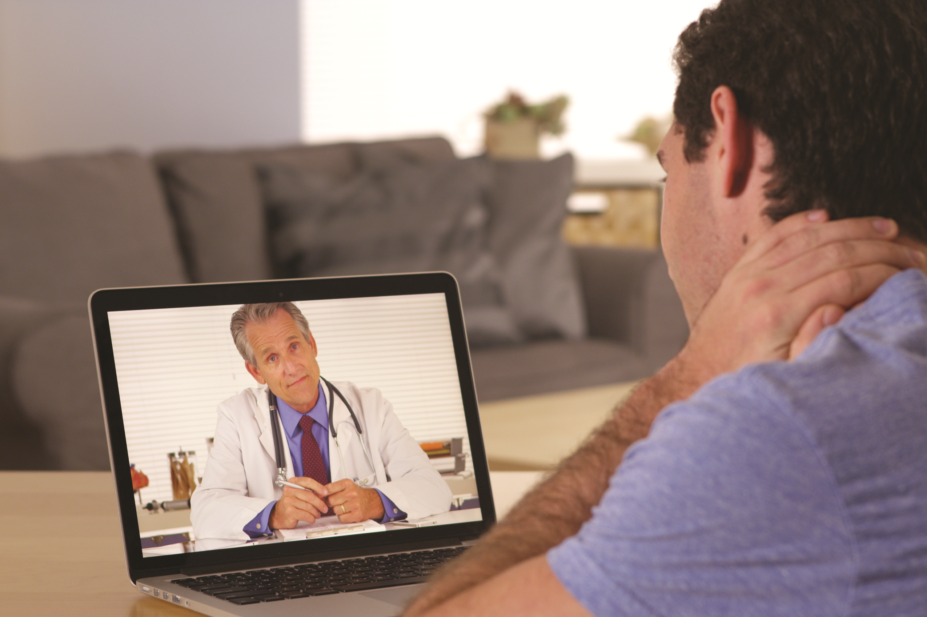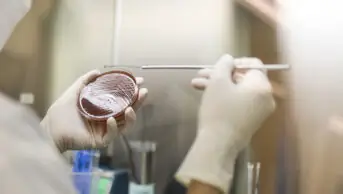
Shutterstock.com
A study by researchers at Imperial College London has raised concerns about the negative impact of the expansion of private online GP-consulting services on efforts to tackle antimicrobial resistance (AMR)[1]
.
The study, published in the Journal of the Royal Society of Medicine also highlighted issues with the general safety and efficacy of these online services and recommended that they be addressed urgently.
The researchers set out to examine online video consulting with private GPs in the UK in order to consider its potential impact on patients and the NHS, and its relevance to antimicrobial stewardship. The focus was on private GPs because none of the 300+ NHS general practices they surveyed in 2015 were offering the service or had the intention of doing so.
Following a search of the online register of the Care Quality Commission (CQC), which inspects UK healthcare providers, researchers identified seven private GPs offering video consulting.
All had an ‘attractive’ user interface via a website or smartphone app and a marketing strategy promising almost immediate appointment availability and longer opening hours. Each company provided a range of non-emergency primary care services, including health assessment and diagnosis, private referral letters and prescriptions.
The authors highlighted that the provision of antibiotics is generally associated with increased patient satisfaction, and in a competitive online environment, private companies would be particularly reliant on positive patient feedback. Therefore the “nature of private video consulting may lead to increased prescribing”, they concluded.
Out of the seven private GPs, four specified on their websites that they would prescribe antibiotics. Internet searches carried out by the researchers for “antibiotic prescriptions” all returned, as the top result, an advertising link to a GP video-consultation service, promising an antibiotic prescription “in minutes”.
The researchers said that the “inherent uncertainty” and inability to examine patients during an online consultation may lead to increased prescribing, including that of antibiotics, resulting from clinicians feeling a need to “play it safe”.
Private online GPs also lack access to patients’ NHS patient records, meaning that important information regarding allergies and interactions could be missed and the potential for error and abuse is higher.
The study also highlighted a lack of security measures and suggested that patients may be taking risks by sharing personal health data online with private third parties.
According to the authors, the safety and efficacy of video consulting in primary care remains largely untested and safety concerns have been raised by the CQC regarding some GP video services specifically.
They said there may be an opportunity for NHS and public health policy makers to engage with providers on the subject of antibiotics and improving health literacy among patients on infection, antibiotics and antimicrobial resistance where it is currently lacking.
References
[1] Peters L, Greenfield G, Majeed A, et al. The impact of private online video consulting in primary care. J R Soc Med 2018; 0(0) 1–5. doi: 10.1177/0141076818761383


